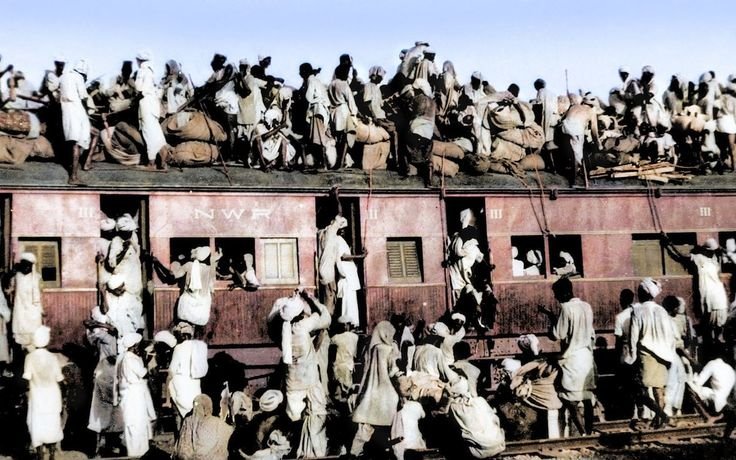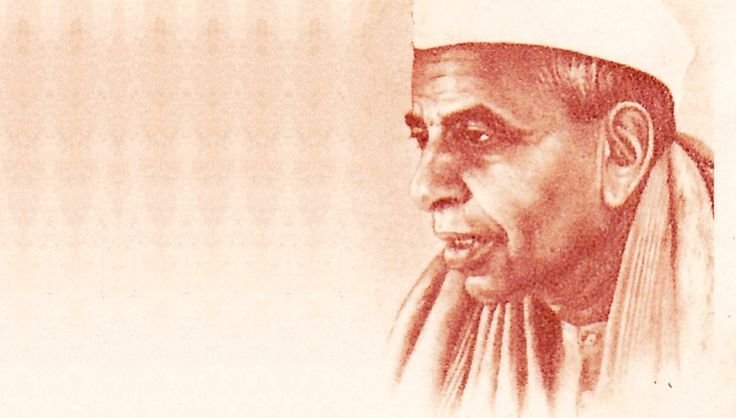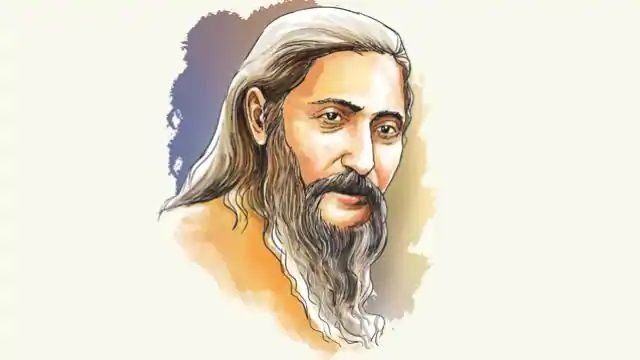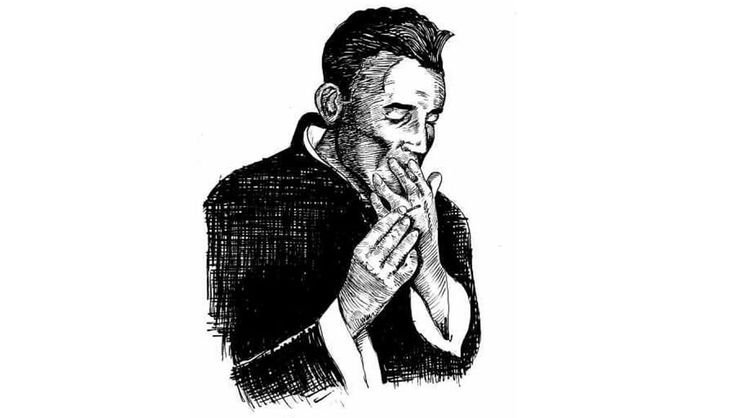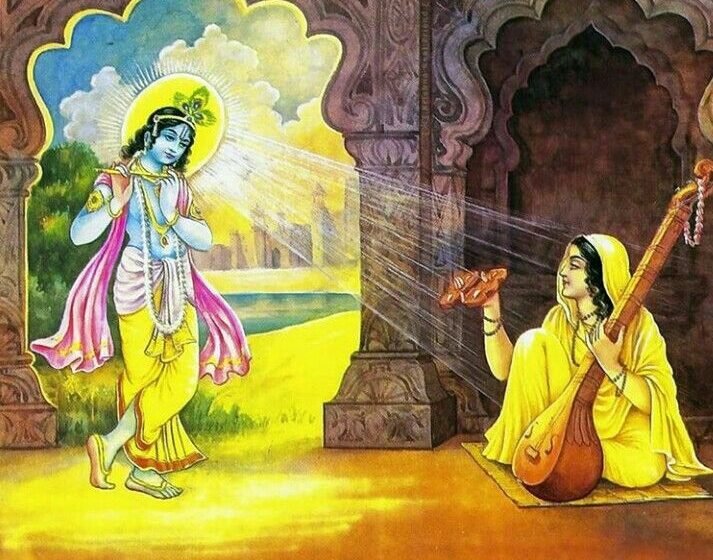The Partition of India in 1947 was perhaps the most traumatic event in the history of the subcontinent, leaving indelible scars on the collective psyche of its people. Literature—particularly poetry—was a potent tool to convey the sorrow, anguish, and disillusionment that ensued. Hindi poetry, more than any other form of poetry, has contributed immensely in […]Read More
Poetry has been a tool of revolution and revolt for long, being the voice of the voiceless, a weapon to fight oppression, and a mirror to society’s deepest flaws. Hindi poetry, in specific, has been the key to forming political, social, and cultural discourse in India. From the fiery poetry of the nationalist poets in […]Read More
Existentialism, as a philosophical movement, delves into the fundamental questions of human existence, freedom, alienation, and the search for meaning in an often indifferent or absurd world. Though primarily associated with Western thinkers like Jean-Paul Sartre, Albert Camus, and Friedrich Nietzsche, existentialist ideas have found a deep resonance in modern Hindi poetry. The 20th and […]Read More
The Theme of Alienation and Disillusionment in Contemporary Hindi Poetry
Alienation and disillusionment are now becoming defining themes of contemporary Hindi poetry, especially in the fray of those complexities with rapid social and technological changes. Modern poets describe this deep sense of isolation in urban life, the disillusionment with socio-political structures, and the existential dilemma of a fragmented world. These themes, however, are not new […]Read More
Poetry now seems to be fleeing, as if restless in its own skin! The nearby poems catch wind of its urgency, stirring in quiet unease. Each verse dares to stretch beyond its boundaries, pausing mid-flight to wrestle with the weight of its own thoughts. The Bhakti Kaal (Devotion Period) left a profound mark on Hindi […]Read More
